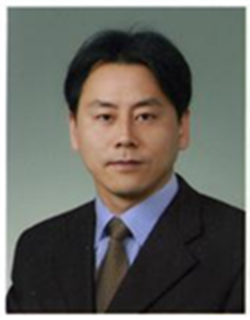The Korea Institute of Science and Technology (KIST) said its researchers have developed a new drug substance that can solve the current anticancer drug resistance and side effects.

The KIST research team, led by Professor Kim Kwang-myung, has developed cancer cell-specific anticancer precursor drugs that can overcome anticancer drug resistance. The new substance combines drugs that inhibit anticancer drug resistance (SMAC) and anticancer drugs (doxorubicin).
According to KIST, there have been various methods that can effectively treat cancer. However, chemotherapy using an anticancer agent still shows efficacy in killing cancer cells in clinical practice. Above all, chemotherapy using anticancer drugs is the most widely used treatment as it is relatively cheaper than other anticancer therapies and shows excellent effects in most cancers.
Despite its efficacy, however, resistance to anticancer drugs occurring in cancer cells greatly reduces chemotherapy's effectiveness and sensitivity, leading to recurrence of cancer and treatment failure. Originally, cancer cells are resistant to anticancer drugs, and even cancer cells exhibiting high responsiveness to chemotherapy may develop anticancer drug resistance during the treatment process.
The latest KIST development is an answer to these problems.
According to Professor Kim, the drug is not activated in vivo, but it reacts with an enzyme overexpressed in cancer cells when it encounters cancer cells.
"This treatment can effectively overcome anticancer drug resistance and attack cancer cells by releasing resistance inhibitors along with anticancer drugs," he said. “As a result, it can suppress the basic anticancer drug resistance possessed by cancer cells and acquired anticancer drug resistance during the treatment process.”
The team expects that it will help effective chemotherapy to overcome the recurrence of cancer and treatment failure.
"This cancer cell-specific anticancer drug precursor nano-drug technology effectively inhibits anticancer drug resistance, which causes treatment failure of existing chemotherapy, and at the same time reduces toxicity to normal cells," Professor Kim said. "Therefore, the team expects that it can be used as a new anticancer drug that does not cause anticancer drug resistance and side effects."
The journal Biomaterials published the result of the study.

